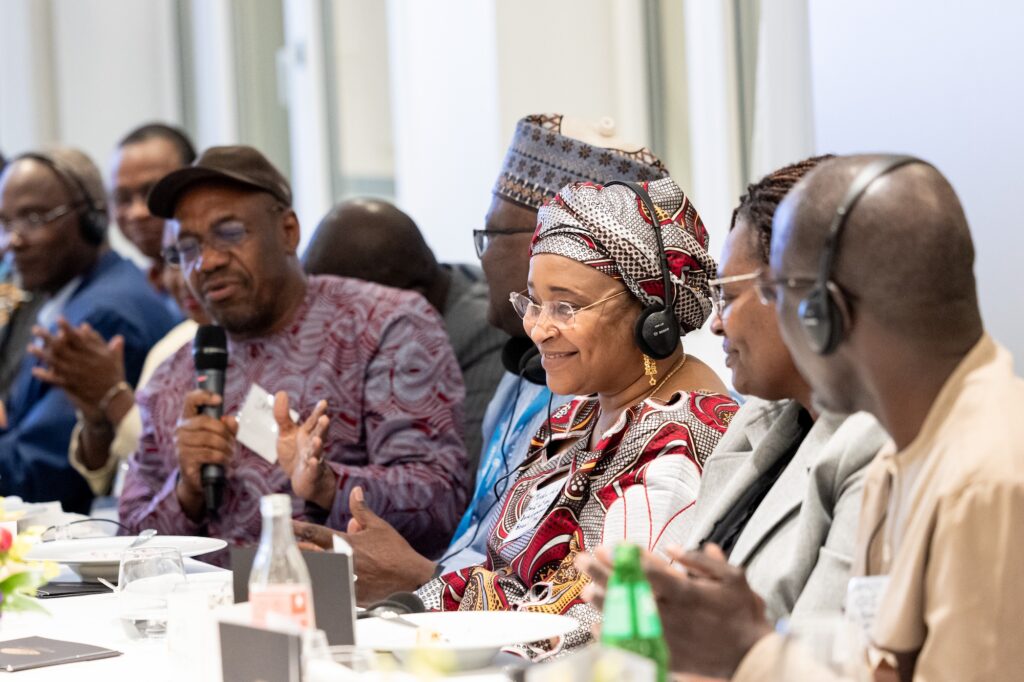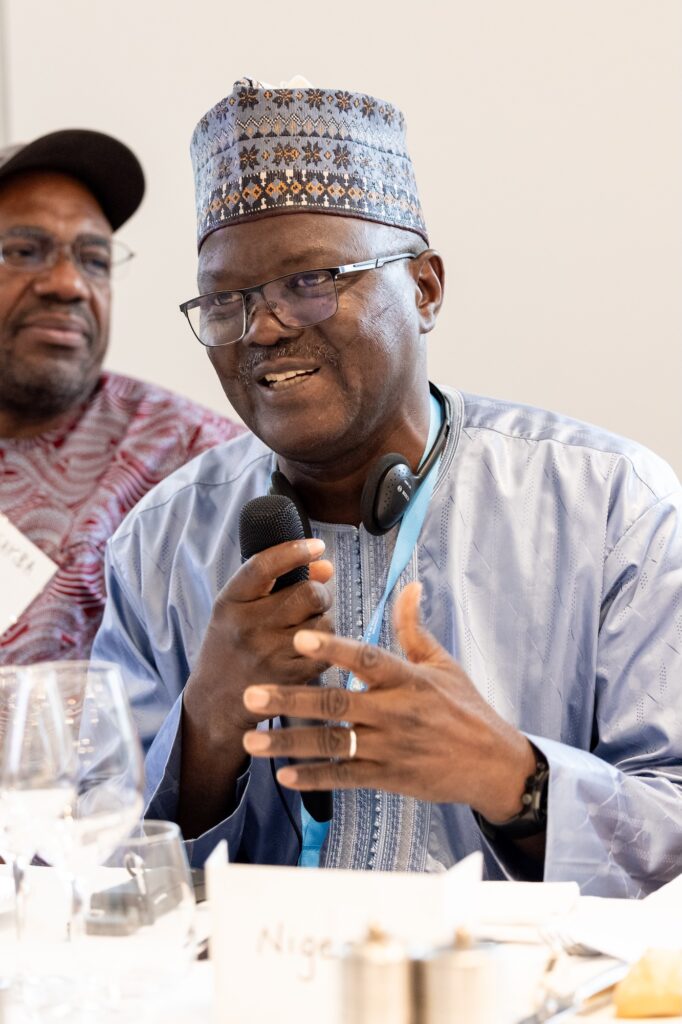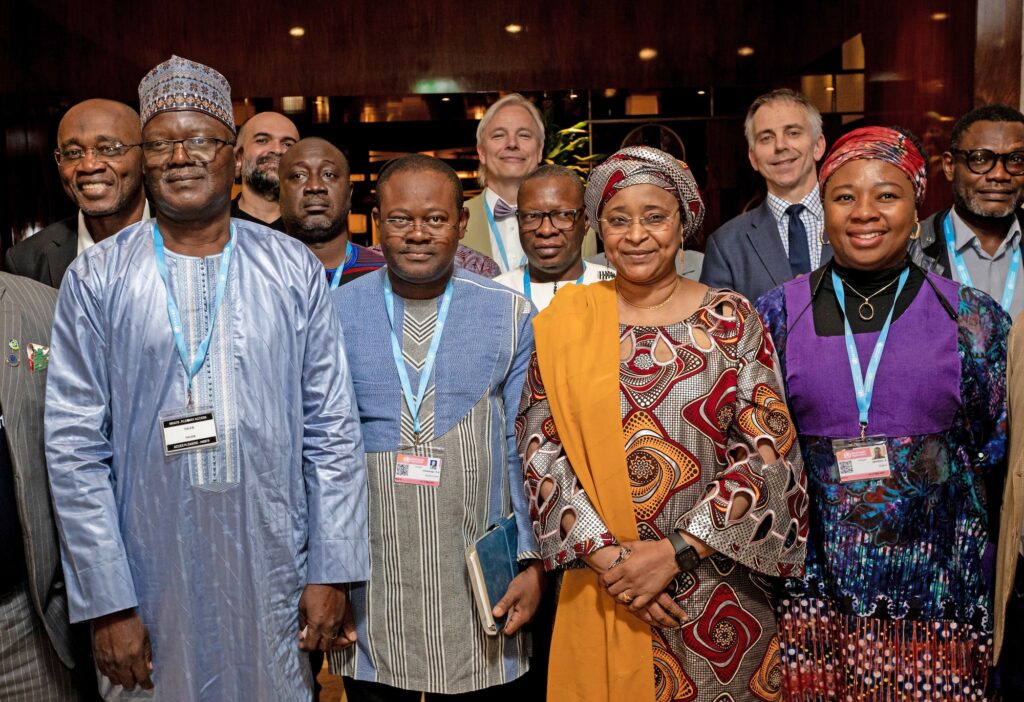
At the 78th World Health Assembly, the REACH Network had the honour of bringing together Ministers of Health and global partners for a powerful, closed-door roundtable on child survival – hosted by the inspirational Professor Samba Sow and Minister Muhammad Ali Pate.
In a world where 5 million children die before their 5th birthday every year, the message from ministers was clear: we must act, and we must act together.
Ministers and representatives from Mali, Niger, DRC, Burkina Faso, Senegal, Nigeria, Indonesia, and India shared national experiences, reaffirmed their commitment to integrated, country-led strategies.
They also called for greater cross-border solidarity to address shared challenges.
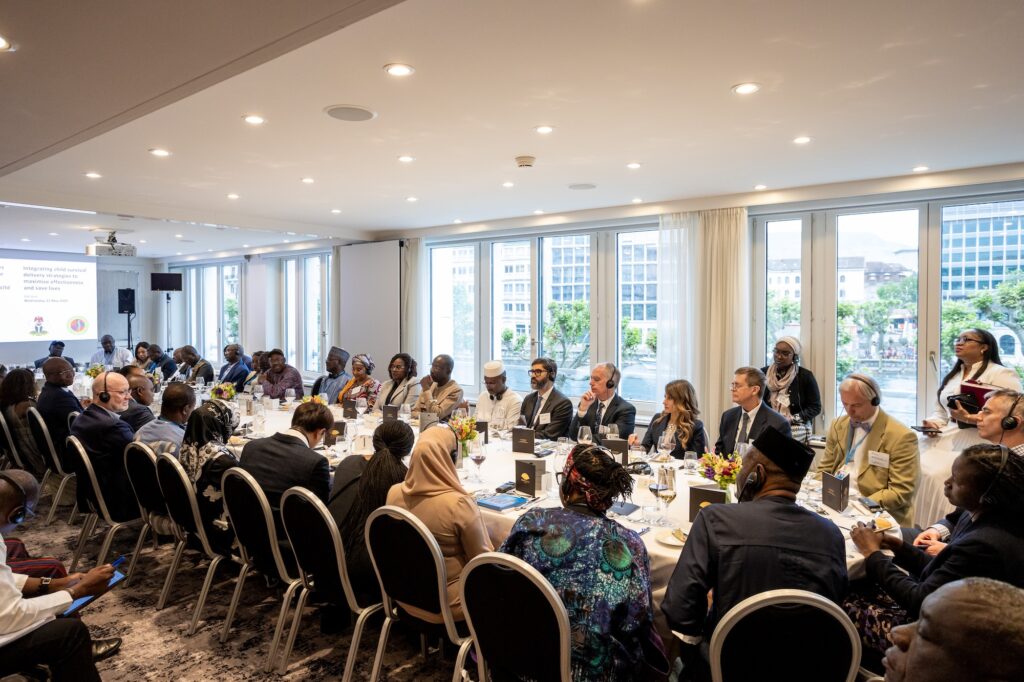
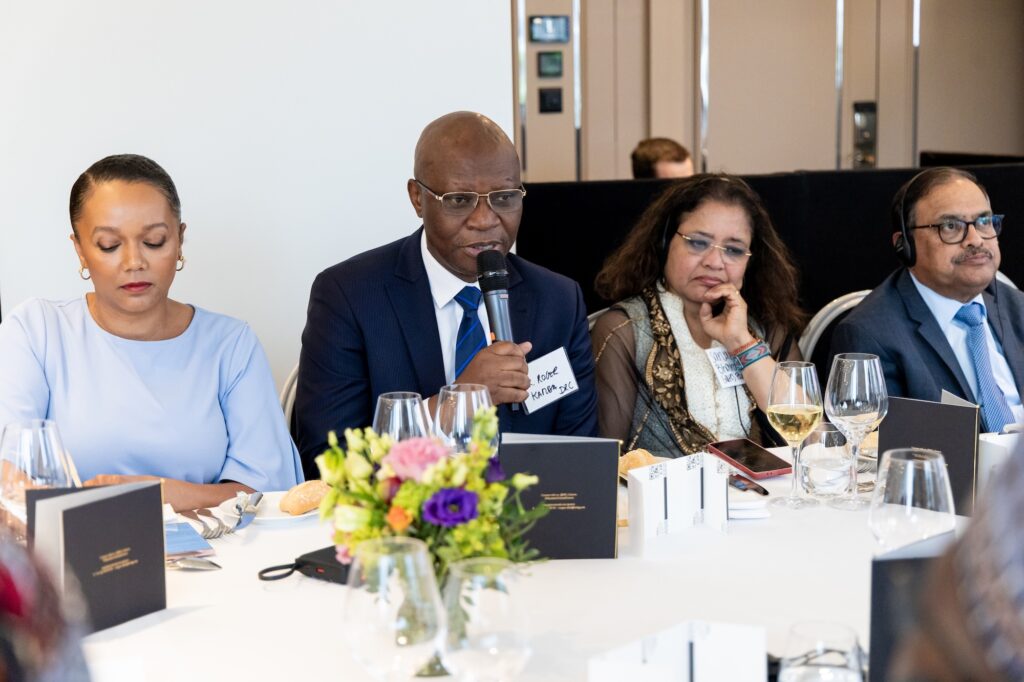
Key takeaways
National ownership
Child survival must be driven by countries – not projects.
It works!
Integration works, but only when aligned with real systems.
Collaboration
Collaboration across borders and sectors (including WASH, energy, and infrastructure) is essential.
Transparence
Accountability and transparency are non-negotiable if we are to reach every child.
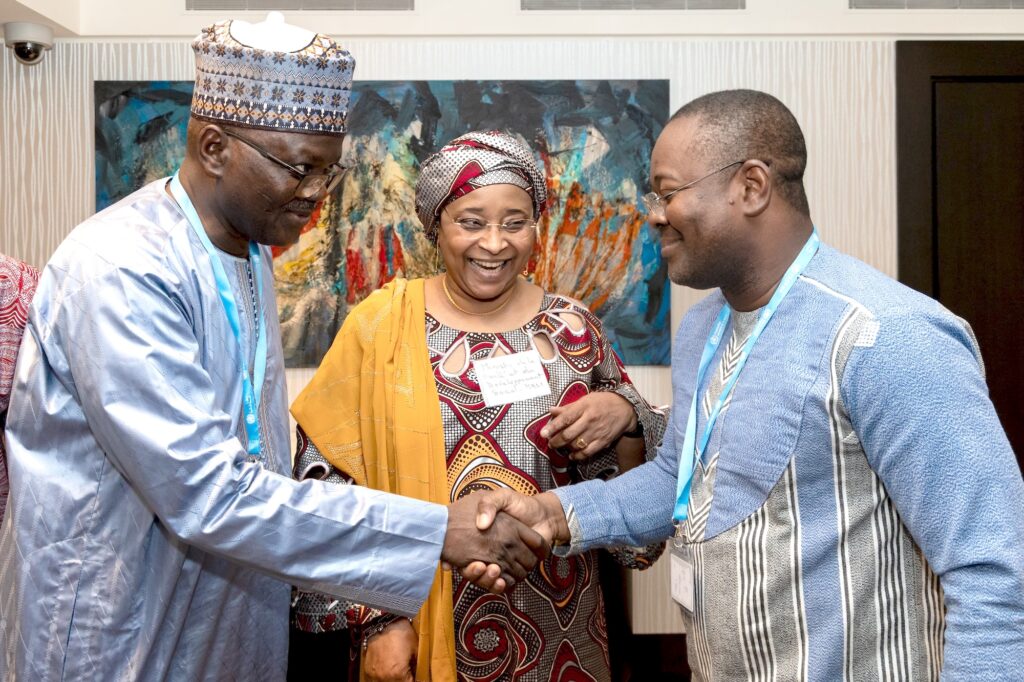
Colonel Dr Assa Badiallo Touré, Minister of Health and Social Development, Mali;
Dr Alfred Rakissida Ouedraogo, Special Advisor to the Head of State, Burkina Faso
No child should die from a preventable cause. Not now. Not ever.
We are deeply grateful to the wonderful Anne-Marie Dias Borges for moderating and also to the partners who joined us – UNICEF, World Health Organization, PMNCH, Save the Children UK – but mostly of course to the countries and ministers who are showing that leadership is not about words but action.
This is just the beginning. Together, we will identify barriers, share what works, and scale up solutions.
